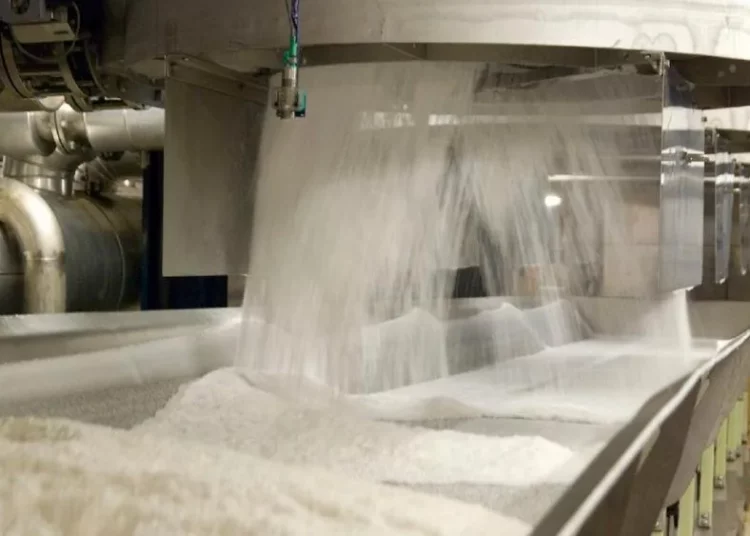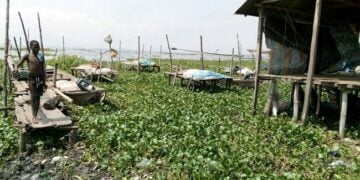The National Sugar Development Council (NSDC) has signed agreements with four operators to develop new sugar production facilities that will collectively add 400,000 metric tonnes to Nigeria’s annual sugar output. The move marks a major step in the government’s ongoing effort to reduce the country’s heavy reliance on sugar imports and achieve greater self-sufficiency.
The agreements were finalised at NSDC’s headquarters in Abuja and involve Brent Sugar in Oyo State, Niger Foods in Niger State, Legacy Sugar in Adamawa State, and UMZA in Bauchi State. Each operator will develop a 100,000-tonne sugar facility, covering a geographic stretch from Nigeria’s southwest to northeast.
According to the NSDC, the wide regional spread is designed to leverage Nigeria’s diverse agricultural zones and ensure the economic benefits are distributed across multiple states. The Council will provide customised project support and cover critical service costs to help the ventures become commercially viable.
This initiative builds on Nigeria’s growing focus on developing its sugar sector. Earlier this year, the NSDC signed a $1 billion memorandum of understanding with a Chinese firm to provide engineering, procurement, construction, and financing (EPC-F) services for up to five sugar estates. The partnership highlights Nigeria’s intent to tap foreign expertise and investment to accelerate domestic production capacity.
Nigeria currently imports the vast majority of its sugar needs, a situation that places significant pressure on foreign exchange reserves. Despite government policies aimed at boosting local production, the sugar import bill remains substantial.
Executive secretary and CEO of the NSDC, Mr. Kamar Bakrin, described 2025 as a year of “accelerated development” for the sugar industry. He explained that structural changes in global commodity markets have made domestic sugar production more commercially attractive than ever before, creating a timely opportunity to scale capacity.
“The structural dynamics in global commodity markets have shifted, making local sugar production economically viable and attractive. We are determined to seize this window of opportunity,” Bakrin said.
Beyond increasing production, the four new projects are expected to generate significant employment in rural areas, improve local infrastructure, and stimulate upstream and downstream economic activities. The geographic distribution also reflects a strategic goal of reducing regional inequalities through industrial investment.
The success of these projects will depend on the NSDC’s ability to provide effective project support and the operators’ capacity to manage complex agricultural-industrial developments.
This development aligns with President Bola Tinubu’s broader industrialisation agenda, which prioritises import substitution and local value addition in key sectors. As Africa’s largest economy contends with persistent foreign exchange shortages and seeks to diversify from oil dependency, the sugar sector has emerged as a priority.
The planned production increase would be a significant boost for Nigeria’s population of over 200 million, where sugar demand continues to rise. The projects also align with the African Continental Free Trade Area (AfCFTA) framework, positioning Nigeria to become a regional sugar hub in West Africa.





